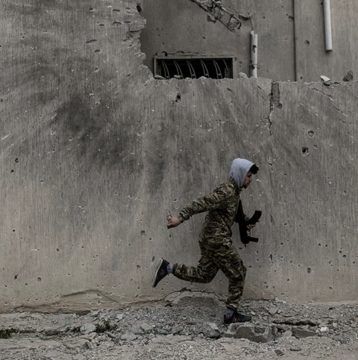Steven A. Cook in Foreign Policy:
 Summer always seems to be the cruelest season in the Middle East. The examples include the June 1967 war, Israel’s invasion of Lebanon in 1982, the hijacking of Trans World Airlines Flight 847 in 1985, Saddam Hussein’s invasion of Kuwait in 1990, and the Islamic State’s rampage through Iraq in 2014. The summer of 2020 has already joined that list. But the world should also be attuned to another possibility. Given how widespread bloodshed, despair, hunger, disease, and repression have become, a new—and far darker—chapter for the region is about to begin.
Summer always seems to be the cruelest season in the Middle East. The examples include the June 1967 war, Israel’s invasion of Lebanon in 1982, the hijacking of Trans World Airlines Flight 847 in 1985, Saddam Hussein’s invasion of Kuwait in 1990, and the Islamic State’s rampage through Iraq in 2014. The summer of 2020 has already joined that list. But the world should also be attuned to another possibility. Given how widespread bloodshed, despair, hunger, disease, and repression have become, a new—and far darker—chapter for the region is about to begin.
A little more than a decade ago, analysts imagined a region in which political systems were reliably authoritarian and stable. Since the Arab uprisings in 2011, the narrative has shifted to one of instability but with an expectation of an imminent new wave of democratization and further economic and political progress.
Those hopes are now gone. The Middle East has long faced challenges—foreign intervention, authoritarian leaders, distorted and uneven economic development, extremism, wars, and civil conflict. But this year has added to the mix a global pandemic and a wrenching global recession, resulting in a scale of crisis that exceeds any other time in history.
More here.
